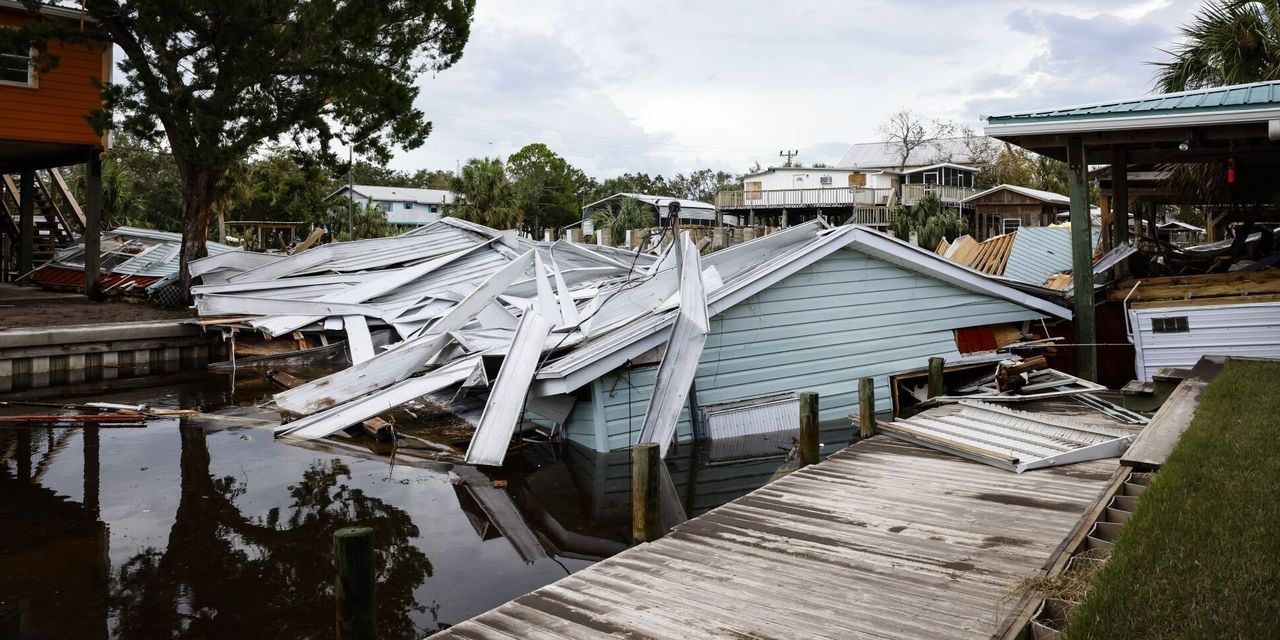Huge losses from national disasters prompt industry to jack up prices and pull back from some markets; ‘worst possible scenario’ for consumers
After Allstate suffered billions of dollars in losses and failed to get the rate increases it wanted, it resorted to the nuclear option.
The insurance giant threatened last fall to stop renewing auto insurance for customers in three states that hadn’t given in to its demands, which would have left those policyholders scrambling for coverage. The states blinked.
In December, New Jersey approved auto rate increases for Allstate averaging 17%, and New York, a 15% hike. Regulators in California are allowing Allstate to boost auto rates by 30%, but still haven’t decided on its request for a 40% increase in home-insurance rates after the insurer refused to write new policies.
For many Americans, getting insurance for both their cars and homes has gone from a routine, generally manageable expense to a do-or-die ordeal that can strain household budgets.



This isn’t about safety - those places are safe to live most of the time, and the weather predictions are very good at giving you a week notice to get out before the exceptions.
It is just too expensive to have buildings in those areas. Nobody builds a house that can be moved away from those areas in a week. Thus if you live there you need to account for the costs of rebuilding your house every few years when the weather destroys it. Or you need to build a house that can survive the weather - I don’t know how expensive that would be.
I don’t care if you want to live in those places, but I do not want to subsidize your housing if you choose to live there. Come move closer to me if you don’t like it. (note that there are other risks living close to me)